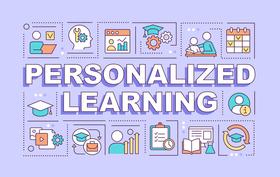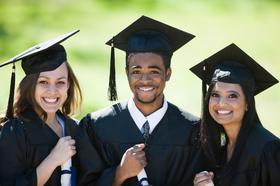Quick Stats (2025)
- School Type: Special education school
- Grades: 12
- Source: National Center for Education Statistics (NCES), NE Dept. of Education
School Overview
The teacher population of 8 teachers has grown by 300% over five school years.
School Type
Grades Offered
Grades 12
Total Students
n/a
Total Classroom Teachers
8 teachers

School Rankings
Student : Teacher Ratio
n/a
12:1
School Statewide Testing
School District Name
Source: National Center for Education Statistics (NCES), NE Dept. of Education
Frequently Asked Questions
What grades does Transition Program North offer ?
Transition Program North offers enrollment in grades 12
What school district is Transition Program North part of?
Transition Program North is part of Omaha School District.
In what neighborhood is Transition Program North located?
Transition Program North is located in the Gifford Park neighborhood of Omaha, NE. There are 11 other public schools located in Gifford Park.
School Reviews
Review Transition Program North. Reviews should be a few sentences in length. Please include any comments on:
- Quality of academic programs, teachers, and facilities
- Availability of music, art, sports and other extracurricular activities
Recent Articles

Segregation in K-12 Education: Colonial Era
Explore the origins of educational segregation during the colonial era and the differential treatment of Native American, African American, and white students. This article delves into the historical context, policies, and societal attitudes that shaped early education in colonial America, highlighting the disparities and injustices that persisted within the schooling systems of that time.

Segregation in K-12 Education: The Jim Crow Era
This article delves into the segregated schooling system that existed during the Jim Crow Era, examining the disparities faced by African American students.

December 16, 2024
Personalized Learning: Revolutionizing Education for the 21st CenturyExplore the revolutionary approach of Personalized Learning in K-12 education. This article discusses the benefits, challenges, and potential of tailoring education to individual student needs, incorporating technology and adaptive learning methods to prepare students for the 21st century.





